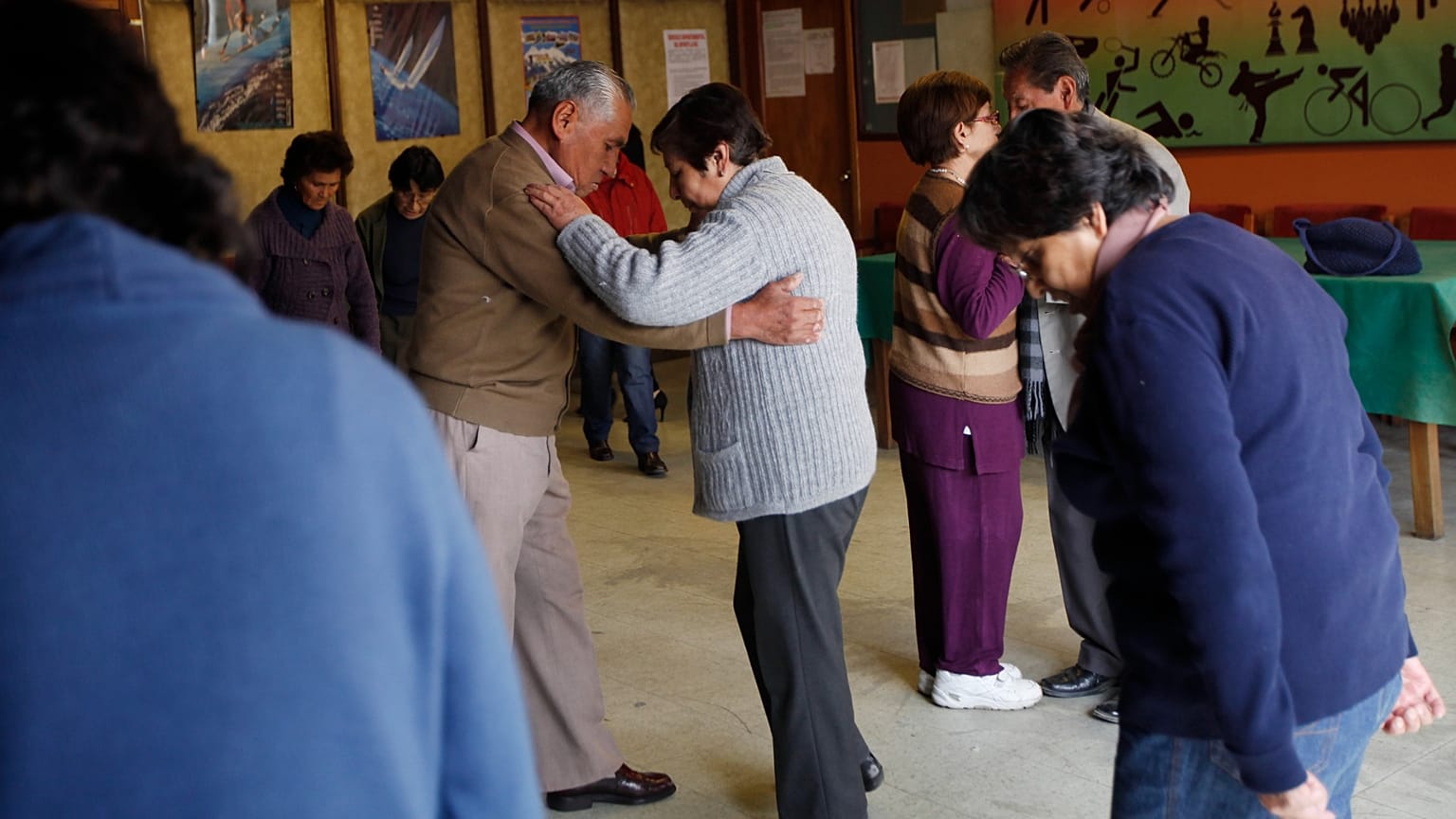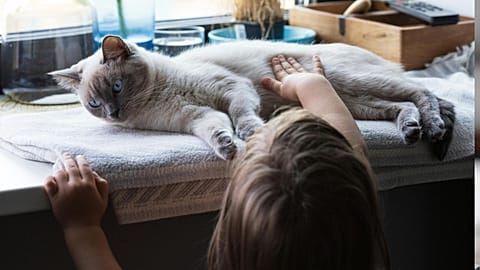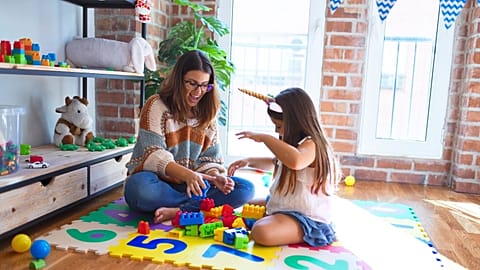Using machine-learning “brain clocks", researchers showed that creative engagement can preserve functional connectivity in brain regions most vulnerable to decline.
It turns out the secret to a younger, healthier brain might not be found in a pill or puzzle book - but on the dance floor, at an easel or behind a video game controller.
 ADVERTISEMENT
ADVERTISEMENT
 ADVERTISEMENT
ADVERTISEMENT
A new international study suggests that creative hobbies such as tango dancing, painting, playing music or even gaming could help slow the natural ageing of the brain.
Researchers found that people who regularly engage in such activities tend to have “younger” brains - and that even beginners can benefit from learning something new.
The study, published in Nature Communications, analysed brain scans from dancers, musicians, visual artists and video game players across ten countries.
Using so-called “brain clocks” - machine-learning models that compare biological brain age with chronological age - the team discovered that creative activities seem to preserve neurological youth.
In the brain regions most vulnerable to ageing, creativity appeared to boost communication between different areas. Those with the most experience had the youngest-looking brains, but even beginners showed signs of slower ageing.
While past studies have hinted that creativity can support mental well-being, few have explained the biology behind it. “There is really poor mechanistic evidence,” says study co-author Agustín Ibáñez, a neuroscientist at Adolfo Ibáñez University in Santiago, Chile.
How the study was carried out
Ibáñez and his colleagues built brain clocks using neuroimaging data from 1,240 people. These models looked at how regions of the brain coordinate with each other - known as functional connectivity - to estimate how old a brain really is.
They then applied the models to 232 people who regularly danced, painted, played instruments or video games, to see how their experience and skill affected the brain's ageing.
Across every creative pursuit, those who practised regularly showed signs of a younger brain. The effect was most noticeable in tango dancers: their brains appeared, on average, seven years younger than their real age.
To find out which parts of the brain benefited most, the researchers mapped key areas affected by creativity. They found the biggest effects in the frontoparietal region - crucial for decision-making and working memory - one of the areas that typically declines fastest with age.
Experienced participants also showed stronger connections in networks linked to rhythm, movement and coordination.
The researchers also wanted to know whether picking up a new creative skill later in life could make a difference. To test this, they trained 24 volunteers to play StarCraft II, a complex, strategy-based video game, while another group learned a simpler, rule-based game.
After a few weeks of playing, the StarCraft II beginners showed reduced brain age and sharper attention scores, with increased activity in regions linked to perception and object recognition. The control group, however, showed no such change.
“You don’t need to be Da Vinci to have healthy effects,” says Ibáñez.
“These age-delaying effects could occur because creativity involves more areas of the brain than do typical cognitive exercises, such as puzzles and games,” says Francisca Rodriguez, a cognitive scientist at the German Center for Neurodegenerative Diseases in Greifswald.
There’s also evidence that creative engagement boosts dopamine and BDNF (brain-derived neurotrophic factor) - chemicals that support learning, motivation and the growth of new neurons and synapses.
So if you’ve been meaning to take up piano lessons, join a salsa class or finally try your hand at painting - science suggests your brain might just thank you for it.

















